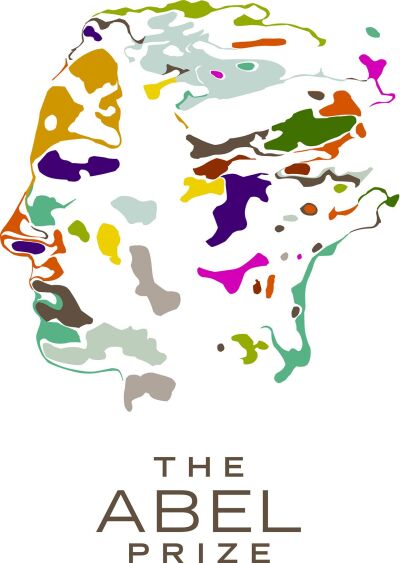 Aktuelles
Aktuelles 
France 2030: boosting research and innovation in health
“Becoming the first innovative and sovereign European nation in health”: this is the objective of the French government after its announcement in the wake of various calls for projects, the creation of bioclusters and new university hospital institutes displaying a financial effort of the French government to boost research and innovation in health. These announcements complete more research programmes, and the creation of chairs of excellence to attract in France high level researchers.
The development of “excellence biomedical research” is a ‘key to help innovations in heath rise in France”. This was the view expressed by the French President in a visit to the Institut Curie in Saint-Cloud on 16 May dedicated to biomedical research, as part of the France 2030 plan and its health innovation initiatives.
A dynamic move
The Health Innovation 2030 plan was launched in June 2021, with a budget of 7.5 billion euros, including more than 1 billion euros for biomedical research. As the French government’s information website points out, the Innovation Santé 2030 plan, the health component of the France 2030 plan, will provide France with “a strategy to become the leading European nation in terms of innovation and sovereignty in health”. Support for medical research represents “a key pillar”, and the creation of new bioclusters and university hospital institutes (IHU) “a concrete translation”.
The government's strategy is therefore to put in place a “policy of setting up centres of excellence in health research, bringing together care, research and innovation around a common dynamic”. According to the Ministry of Research, 12 new University Hospital Institutes and 4 new bioclusters will be created across France. By “bringing together researchers, clinicians, investors and industry to develop innovative treatments and solutions”, these areas of excellence should lead to “major advances for patients in a wide range of fields”.
University hospital institute centres of excellence
In detail, the call for projects for the France 2030 University Hospital Institutes (UHI) (with a budget of 300 million euros) has led to the selection of 12 new future centres of excellence in healthcare research, care, prevention, training and technology transfer.
Located in Paris and the Paris region (Garches, Villejuif), but also in Bordeaux, Toulouse, Nancy, Lyon, Nice and Montpellier, these institutes join the seven UHIs already in place. Each of these UHIs, established “in its own area and field of expertise”, will be an “attractive centre for talented researchers and clinicians, as well as for industrial partnerships”. The new missions of the UHI include:
- testing new methods of care and prevention;
- training professionals of excellence in the fields of care, research and development;
- creating future public-private partnerships.
The ecosystem of bioclusters
And regarding the Biocluster call for intention from France 2030 (with a 300 million euros dotation), it aims at accompanying the creation of “world-class bioclusters in France”.
And the government website explains that a biocluster is an “ecosystem of innovative players in the field of health”, such as laboratories, research centres, care centres and businesses working together. In concrete terms, following the creation of the Paris Saclay Cancer Cluster (PSCC) in Villejuif in December 2022, four other ecosystems have just been approved by the French government. These bioclusters, which will be launched very shortly, will be set up in Paris, Marseille, Lyon and Evry-Courcouronnes. Missions assigned to the bioclusters include:
- promoting multidisciplinary training and top-level research;
- raising the international profile of the biocluster's public institutions and companies;
- hosting companies and facilitating public-private partnerships;
- accelerate the development of start-ups.
An international call for projects for chairs of excellence
In addition to this plan, a Chairs of Excellence call for projects will be launched in a few days to offer leading researchers teams from all origins significant funding for a five year duration to lead their research programme in France. This call for projects will lead to the creation of 40 to 50 chairs (endowed with 2 million euros per chair), aims at attracting researchers in France and give them the possibility to create “competitive teams at the highest international level”.
Indeed, for the government, in order to maintain its rank, France must “increase its investment all over the chain of value, fundamental research in life science, the translational and clinical research in health and support innovation”. In addition, it should also “give the means to attract or retain on the French territory the best world-class researchers in their field”. These chairs, says the ministry of research, are open both to researchers already working in a French institution and researchers working in a foreign country who want to “build a team or join a structure in France”. They will allow for the development of research programme and “will turn into a lever to apply to extensive European call for tenders.
More information
- on the government information website
- on the Ministry in charge of research website: press release and article
- on French website of the French government (speech)




Commentaires
Vous devez être connecté pour laisser un commentaire. Connectez-vous.